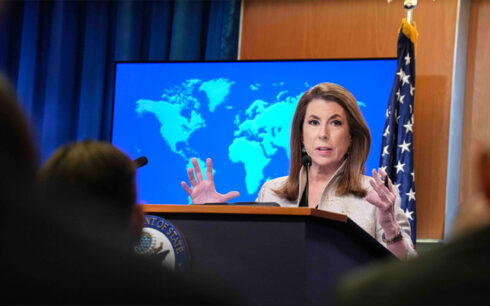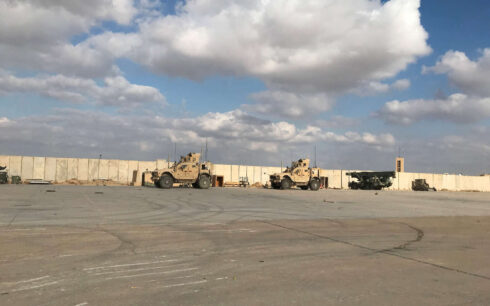Twenty-three years ago today, al-Qaeda operatives hijacked two planes and crashed them into the World Trade Center towers in New York City, killing nearly 3,000 people and wounding thousands more.
The attacks on September 11, 2001, prompted the United States to launch a global counterterrorism effort, including a war in Afghanistan aimed at dismantling al-Qaeda and overthrowing the Taliban, who had provided sanctuary to the terrorist network.
Now, on the 23rd anniversary of the attacks, the Taliban is back in power in Afghanistan, raising concerns about the resurgence of al-Qaeda and other extremist groups. The United Nations Security Council (UNSC) has repeatedly warned of al-Qaeda’s renewed presence in the country. According to UNSC reports, Afghanistan has once again become a safe haven for al-Qaeda, which is said to maintain eight training centers and an arms depot.
In addition to al-Qaeda, the UNSC has highlighted growing threats from Tehrik-e-Taliban Pakistan (TTP) and the Islamic State’s Khorasan branch (ISIS-K), both of which are active in Taliban-controlled Afghanistan. These groups pose significant security risks, with concerns about cross-border attacks on neighboring countries.
The U.S. invasion of Afghanistan in 2001, led by then-President George W. Bush, was intended to eliminate al-Qaeda’s leadership, including Osama bin Laden. On October 7, 2001, Bush announced the start of U.S. military strikes against al-Qaeda and Taliban forces. The campaign was initially supported by a global coalition and led to the eventual ousting of the Taliban regime.
However, two decades later, the U.S. reversed its stance by reaching an agreement with the Taliban to withdraw its troops from Afghanistan. This decision culminated in the chaotic U.S. withdrawal in August 2021, which paved the way for the Taliban’s return to power.
Despite the Taliban’s claims that there are no terrorist groups operating within Afghanistan, the UNSC and other international bodies continue to report the presence of extremist organizations. In July 2022, less than a year after the U.S. exit, a U.S. drone strike killed Ayman al-Zawahiri, al-Qaeda’s leader and a key figure behind the 9/11 attacks, in a Kabul neighborhood reportedly protected by the Taliban.
The U.S. has acknowledged the ongoing threat posed by terrorist groups in Taliban-ruled Afghanistan and has emphasized its reliance on “over-the-horizon” operations to address these risks. However, concerns remain high about the potential for Afghanistan to once again serve as a launching pad for global terrorism.





